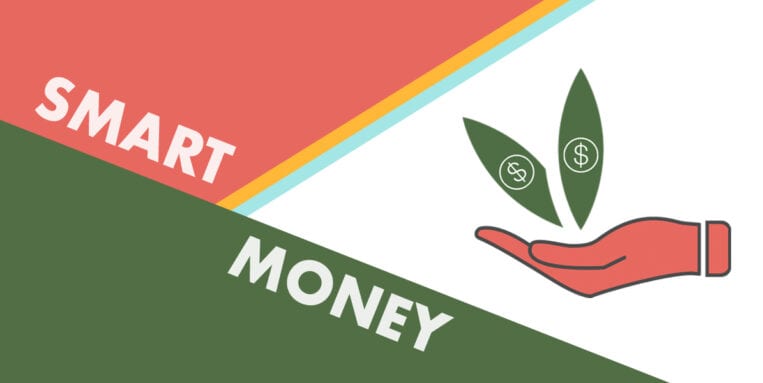
Senior Vice President and Key Private Bank Market Leader
Julia Trivisonno is a Senior Vice President and Key Private Bank Market Leader in Central New York. She is a strategic wealth thinker and financial problem solver as a Financial Behavioral Specialist certified by Creighton University. Starting this fall, she will deepen her family governance training with the Heritage Institute. Julia believes applying financial psychology is critical to a person’s money mindset and the behaviors that follow, especially with charitable giving considerations, as she discusses in the article below. She can be reached at julia_trivisonno@keybank.com.
According to a recent report from Giving USA, charitable giving in the US declined in 2022 – but only for the fourth time in four decades. Economic uncertainty, geopolitical concerns, inflation, and the stock market likely influenced this dip. It was a year of rolling emotions where we, as advisors, found this to be a great opportunity to talk with our clients.
Some saw the stock market as a buying opportunity, but others have been fraught with emotions that seem to linger year after year. What I’d like you to take from this message is this:
Our relationship with money is highly dynamic and likely emotionally triggering. Unfortunately, for many, those emotions can be damaging. What about the positive emotions money can bring? If giving to others makes many of us happy, how can advisors help their clients identify financial roadblocks that may be stopping them from taking action?
IT STARTS YOUNG
First, it starts with experiences, also referred to as Financial Flashpoints®. Our relationship with money forms and evolves – the financial memories from childhood, adolescence, and adulthood shape this ongoing relationship.
These flashpoints are connected to family circumstances, cultural influences, and societal events. The ones that stand out most tend to have the highest emotional intensity associated with that memory and may be seen as traumatic, but not always. These flashpoints change our views and affect our behaviors, impacting our financial outcomes.
Once we begin to understand the underlying cause and effect of our past decisions and their impact on our financial beliefs, then we can start to challenge those beliefs, improve our relationship with money, and live more intentionally.
FRIGHT, FIGHT, OR FLIGHT
Stressful situations aren’t enjoyable, so a typical response when the intensity increases is to escape or try to make sense of our experiences. For example, after much self-reflection, I realized that a subconscious stress response to being raised by a single teenage mother with little means triggered a fight, flight or freeze reaction, forming a scarcity mindset when we had to make regular decisions of needs versus wants and wishes. In the moment when we made a decision for the joy of it, something else had to give. I’ve seen this play out in my need to avoid waste in fear of not having enough in the future and in holding on to material items for a long time.
As a child, comparing my family’s financial means to my friends and their families made me feel threatened and defensive, but learning to give was a core belief engrained early.
OVERCOMING THE FEAR
When we consider the intense emotional and mental satisfaction that comes from charitable giving, shouldn’t we spend time digging into those and other core emotions and stories around money, the good and the bad?
Talking to our inner circle and advisors can be a great way to discuss our feelings about money and financial goals. We may find new information that is useful in addressing any limiting beliefs that may be stopping us from taking immediate action on our philanthropic intentions.
The better we understand our own money mindset, the more empowered we become to take control of our financial decisions. Shifting from a mode of fear to financial empowerment can help strengthen our relationship to money and the people who help manage it. For those who are charitably inclined, working with trusted advisors is a crucial component in ensuring a giving strategy that provides mutual benefit to the donor and the causes they care about.
As a proud Central New Yorker, I am happy to share that Key Private Bank is the first bank advisor to join the CNYCF Financial Advisors Program with multiple client relationships. They have tremendous resources within the foundation and are a great partner while still allowing us to maintain our fiduciary standards and approach to money management.
There are many avenues to become engaged such as working with donors around complex gifting strategies that tend to fall outside outright gifts of cash. Utilizing opportunities to discuss estate planning strategies and fulfilling philanthropic intent through wills or trusts. And working with donors and their advisors to create a legacy that works for their family, its mission and long term vision of philanthropy.









